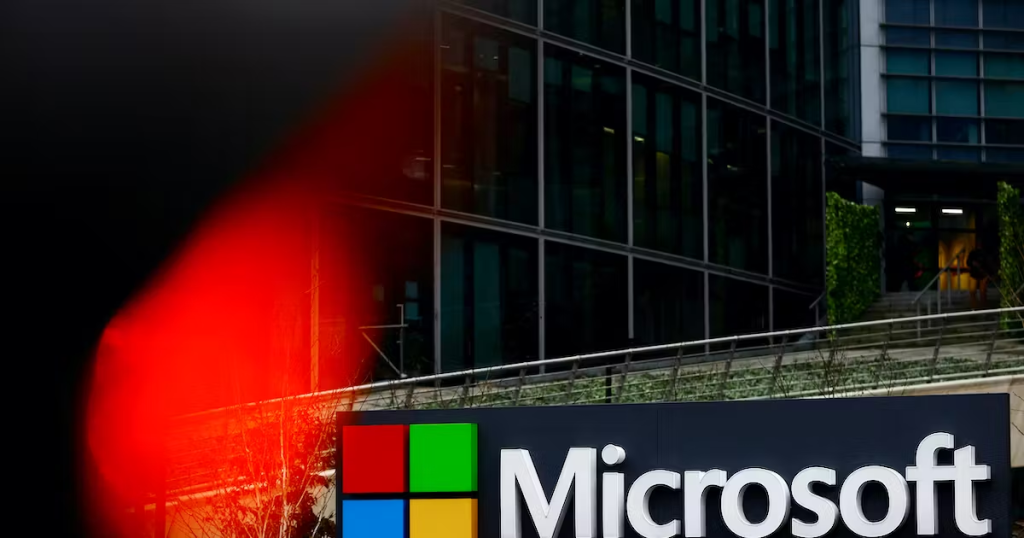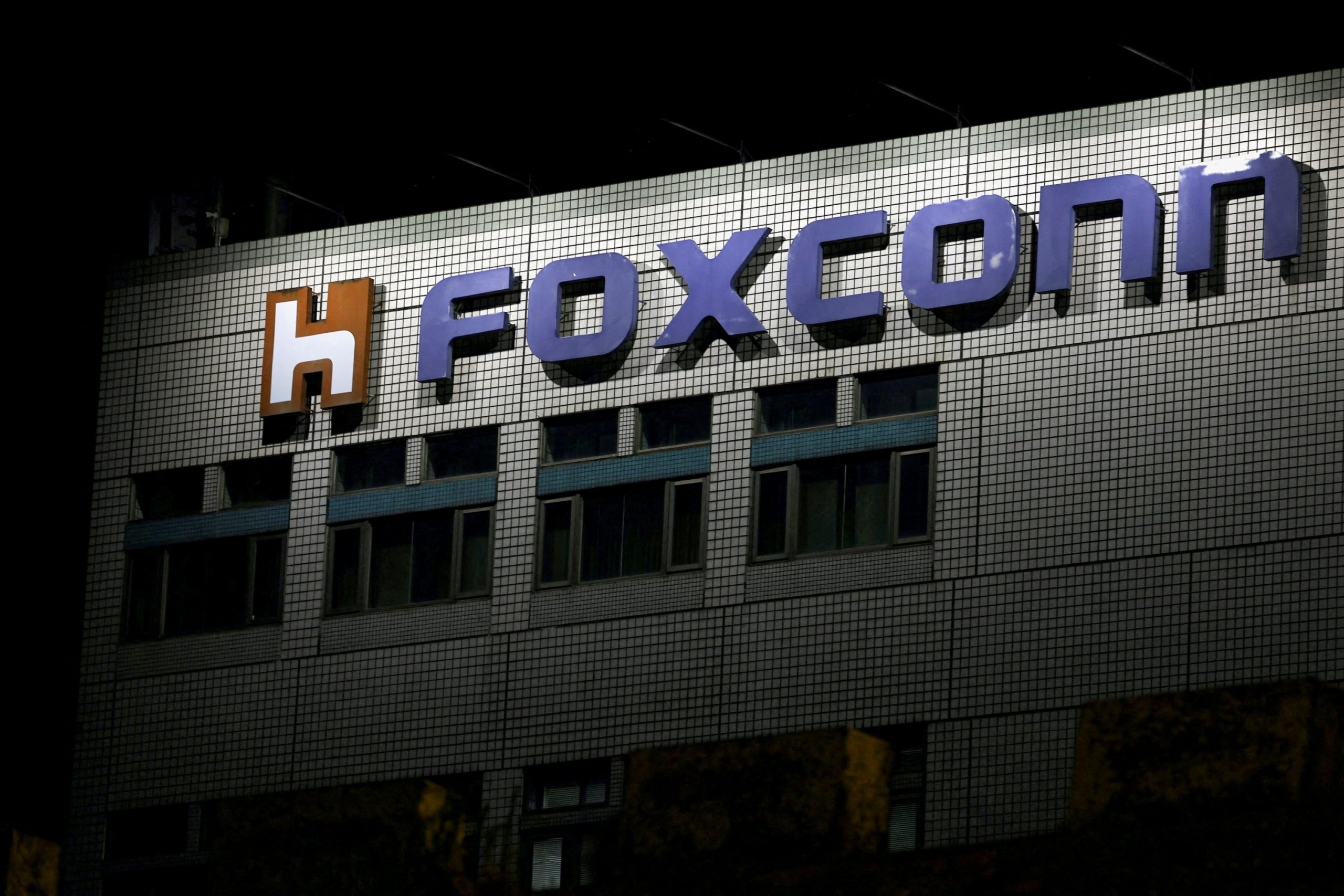OpenAI and Microsoft Partnership: UK Considers Antitrust Probe
OpenAI and Microsoft Partnership: UK Considers Antitrust Probe
OpenAI and Microsoft recently announced a partnership to collaborate on advanced AI technologies, raising concerns about potential antitrust issues in the UK. The Competition and Markets Authority (CMA) is now considering launching an antitrust probe to assess the impact of this collaboration on the market.
The partnership between OpenAI and Microsoft has sparked discussions about the potential consolidation of AI capabilities and the implications for competition in the industry. As AI continues to play a critical role in various sectors, including healthcare, finance, and technology, regulators are keen to ensure that fair competition and innovation are not hindered by monopolistic practices.
Introduction
The UK government is currently considering an antitrust probe into the partnership between OpenAI and Microsoft. This move comes as concerns are raised about the potential impact on competition following the resolution of a leadership crisis at OpenAI. The UK regulators are seeking public feedback to determine if the close relationship between the two companies could be considered a relevant merger. Microsoft has invested heavily in OpenAI and integrated its technology into its services, leading to rising antitrust scrutiny. In this article, we will delve into the details of the OpenAI and Microsoft partnership and the potential implications of the antitrust probe.
The OpenAI-Microsoft Partnership
Since 2019, OpenAI and Microsoft have forged a partnership aimed at fostering AI innovation and competition while preserving the independence of both companies. Microsoft’s investment of billions of dollars into OpenAI has allowed them to pursue research and develop safe and beneficial AI tools. Despite the partnership, OpenAI has maintained its independence and continues to operate competitively.
Recent Developments

Recently, OpenAI experienced a tumultuous leadership crisis, with CEO Sam Altman being fired and subsequently rehired. Following these events, Microsoft was granted a non-voting seat on OpenAI’s board, which raised concerns about Microsoft’s level of control over the company. The Competition and Markets Authority (CMA) in the UK has taken notice of these developments and is now considering an antitrust probe to determine if the Microsoft/OpenAI partnership constitutes a relevant merger.
The CMA’s Invitation to Comment
The CMA has issued an invitation to comment (ITC) to gather public feedback on the Microsoft/OpenAI partnership and its potential impact on competition. The agency aims to determine if Microsoft has “de facto control” over OpenAI, which could raise antitrust concerns. The ITC is the first step in the CMA’s investigation process and will be followed by a first-phase investigation if necessary, and potentially an in-depth phase-two probe.
Microsoft’s Response
In response to the CMA’s announcement, Microsoft has emphasized that OpenAI will remain an independent company. Microsoft’s Vice Chairman and President, Brad Smith, clarified that the only change is the addition of a non-voting observer on OpenAI’s board, which is distinct from an acquisition. Microsoft has expressed its commitment to working closely with the CMA and providing all the necessary information to address any concerns.
The Need for an Antitrust Probe
The CMA’s consideration of an antitrust probe stems from the rising scrutiny of Microsoft’s practices in the UK. The CMA has previously investigated Microsoft on various fronts, including its practices in cloud services and its merger with Activision Blizzard. The approval of the Activision Blizzard merger came after Microsoft made adjustments to address antitrust concerns. Given the significant investment Microsoft has made in OpenAI and the integration of its technology, it is crucial to assess the potential impact on competition.

Potential Impacts on Competition
The proposed antitrust probe will examine whether Microsoft’s relationship with OpenAI has resulted in a relevant merger situation. The CMA aims to determine if Microsoft has gained de facto control over OpenAI, which could lead to reduced competition in the AI sector. It is essential to ensure that the partnership between these two companies does not hinder innovation and limit opportunities for other players in the market.
Importance of Competition in AI
Competition plays a vital role in driving innovation and advancements in the AI industry. By fostering competition, new ideas and technologies can emerge, benefiting both businesses and consumers. Any potential anticompetitive practices could stifle innovation and limit the development of AI tools that have the potential to transform various sectors.
Preserving Independence and Collaboration

While Microsoft’s investment in OpenAI has facilitated collaboration and innovation, it is crucial to maintain OpenAI’s independence to ensure a healthy competitive landscape. OpenAI’s ability to operate independently and compete with other players in the market promotes diversity, creativity, and the development of cutting-edge AI technologies.
Conclusion
The UK government’s consideration of an antitrust probe into the partnership between OpenAI and Microsoft reflects the growing concerns about competition in the AI sector. The potential impacts of the Microsoft/OpenAI partnership on competition need to be thoroughly assessed to ensure a level playing field for all participants. As the investigation progresses, it is essential for regulators to strike a balance between fostering collaboration and preserving competition to drive innovation in the AI industry.



